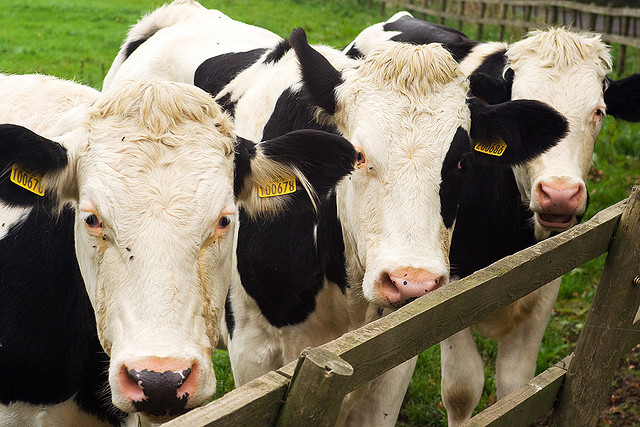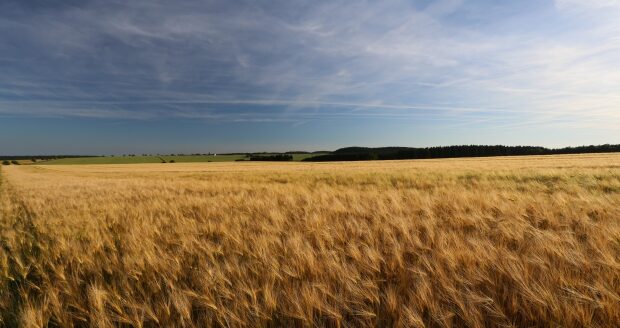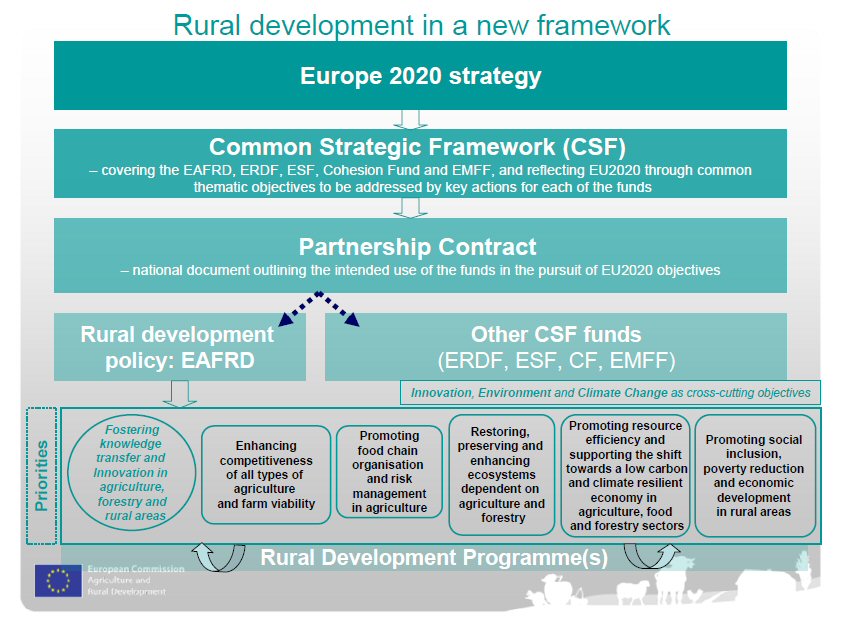Last Wednesday 25th February the Commission launched its long-awaited Energy Union package comprising three Communications. The first proposes A Framework Strategy for a Resilient Energy Union with a Forward-Looking Climate Change Policy with an accompanying roadmap setting out a projected schedule for the implementing legislation. This document sets out priorities for energy and climate policy, with a particular focus on achieving an integrated energy market, ensuring security of supply including through diversification, improving infrastructure and interconnection, improving energy efficiency, and speeding up decarbonisation in order to meet the EU’s climate goals. In total, it sets out 15 action areas to be addressed in implementing these objectives.… Read the rest
The UK milk ‘crisis’ – fact or fiction?
Reading the UK press over the past few weeks it appears that the UK dairy industry is on its last legs and that UK dairying will soon become an extinct species. The Daily Mail reports that “campaigners warned it was the worst crisis the industry has ever seen”. At the other end of the political spectrum, the Guardian headlines its story “No whey forward – future of Britain’s dairy industry hangs in the balance” and goes on to claim “Years of falling milk prices could spell an end to the fresh, safely produced dairy products we take for granted.”
According to Rob Harrison, the chairman of the NFU’s dairy board, in The Telegraph: “Being a dairy farmer at the moment is like being a boxer – on the ropes and taking body blow after body blow.… Read the rest
Why the poor EU response to higher grain prices?
Since 2007/08, the world has lived with substantially higher, if fluctuating, prices for grains following the global food price spike that began in 2007. Economists would predict that higher prices would lead to a global supply response. Indeed, global cereals production has increased by over 500 million tonnes in 2013 compared to 2006 production of just over 2 billion tonnes (FAOSTAT statistics are used throughout this post, and cereals production is measured inclusive of the volume of milled rice). This corresponds to an increase of 25% over this period, or a compound annual growth rate of 3.3% per annum which is impressive.… Read the rest
Commitments to rural development spending 76% below forecast in 2014
The publication by the Commission of its second Draft Amending Budget (DAB No.2) to the EU’s 2015 budget this week reveals in stark figures the extent of the hiatus in CAP rural development spending caused by the delays in passing the relevant legislation and in approving rural development programmes. I first highlighted how approval of rural development programmes was falling way behind schedule in this post; the Commission’s budget figures now allow us to quantify the extent of the damage.
The delays do not affect only rural development programmes but all programmes under the European Structural and Investment Funds, the Asylum, Migration and Integration Fund and the Internal Security Fund.… Read the rest
Agricultural implications of British EU withdrawal for rest of the EU
This Sunday, the Greek general election may decide if Greece will leave the Eurozone, sometimes referred to as Grexit. None of the likely winners of the election, including Syriza, want this, but if there is an unwillingness to address the restructuring of Greek debt, particularly given Syriza’s promises to dramatically increase public spending, this could be the outcome. Whether Greece would then remain a member of the EU if this were to happen is uncertain, with The Economist arguing this week that, in all likelihood, Greece would have to leave the EU as well.
Later this year, on 7 May, the British general election takes place.… Read the rest
Impact of the MFF negotiations on the CAP 2013 reform
The CAP 2013 reform was the first negotiated under the ordinary legislative procedure (co-decision) in which both the Parliament and the Council had equal powers. A project undertaken by the Centre for European Policy Studies in Brussels for the European Parliament’s Policy Department has sought to examine what impact and influence the Parliament had on the CAP 2013 out-turn as a result of co-decision. Did co-decision give the Parliament a greater opportunity to influence the final outcome, who were the key players in shaping the Parliament’s views and what did the Parliament use its influence to achieve?
The final study, when it is published, will throw light on these issues.… Read the rest
Simplification as a top priority in 2015
The heading of this post is taken from the title of the speech delivered by the Commissioner for Agriculture and Rural Development Phil Hogan when addressing the EP COMAGRI on 3 December last. It follows his commitment in his confirmation hearings to a simplification and subsidiarity strategy for the CAP. It seems simplification will be a big buzz word in CAP discussions in 2015. But what can we expect from this initiative, and how important is it likely to be in practice?
Simplification: a Sisyphean task
CAP simplification has been a mantra of all previous Commissioners. For example, shortly after taking up office as Commissioner for Agriculture in 1995, Franz Fischler, in a speech on 28 September 1995, declared:
… Read the restFor my part, I intend to contribute to review existing E.U.
The 2015 EU budget and agricultural spending
A provisional agreement has now been reached on the 2015 EU budget between the Council and Parliament following their inability to reach an agreement on the Commission’s first draft budget proposal in November (read here the reactions to the deal of the Commission, of the Council and of the Parliament). In terms of the headline figures for overall EU spending, the agreement is closer to the Council’s position, particularly in terms of payment appropriations, an outcome which was predicted as a consequence of the Lisbon Treaty changes in a series of papers by Giacomo Benedetto of the University of London.… Read the rest
Rural development programming 2014-2020
Rural development programming for the MFF period 2014-2020 seems to be a disaster zone, and it would be interesting to hear comments from those more directly involved in the process as to the reasons and implications of the huge delays which have built up.
At a recent Rural Development DG AGRI Civil Dialogue Group meeting, the Commission presented an update on the programming of the new Rural Development Programmes (RDPs) from which the table below is taken. It expects only 10 RDPs out of a total of 118 to be approved by the end of this year. Nearly all of the 118 RDPs have been submitted (2 are still outstanding), and the Commission has returned its observations on 75 of these (see table below).… Read the rest
The Doha Round is back on track
On Thursday 27 November 2014 last, the WTO General Council approved three decisions related to public stockholding for food security purposes, the Trade Facilitation Agreement and the post-Bali work programme. With these agreements the hiatus in the WTO’s post-Bali work caused by India’s position on the 2013 Bali Ministerial Council decisions has been unblocked. India had demanded a commitment to faster progress on finding a permanent solution to the treatment of official procurement prices for food security stocks under domestic support disciplines, as well as the copper-fastening of the terms of the interim peace clause, in return for its willingness to approve the Protocol of Amendment to allow the Trade Facilitation Agreement to come into effect.… Read the rest






